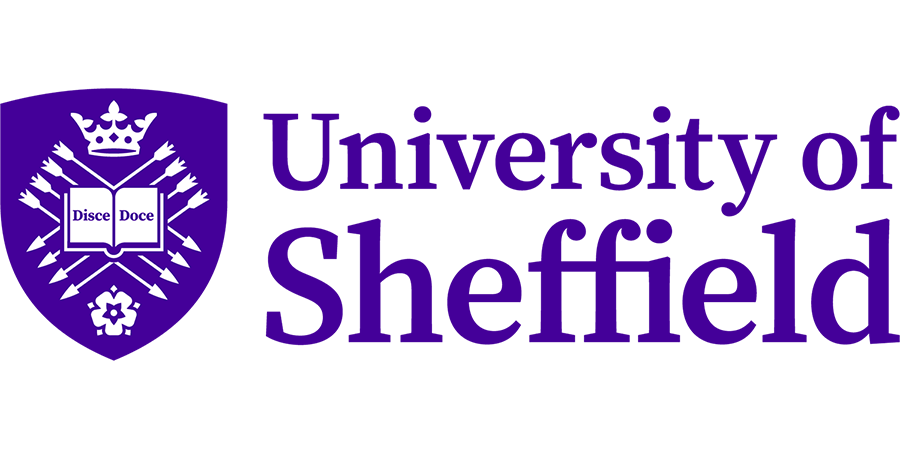PhD studentship: The Impact of Disinfectant Residuals on Biofilms within Drinking Water Distribution System
University of Sheffield
| Qualification Type: | PhD |
|---|---|
| Location: | Sheffield |
| Funding for: | UK Students |
| Funding amount: | £22,300 per annum |
| Hours: | Full Time |
| Placed On: | 21st November 2024 |
|---|---|
| Closes: | 17th January 2025 |
Enhanced 3.5 year tax-free enhanced stipend of £22,300 per year and (home) tuition fees
Start date: Flexible, UoS PhD cohort intake start dates are late February and late September 2025 (duration 3.5 years)
This funded studentship provides a unique opportunity to undertake advanced applied microbial research at the forefront of drinking water quality research. It will make a significant contribution to the UKRI EPSRC funded project ‘To chlorinate, or not to chlorinate’ (www.tochlorinate.ac.uk). As part of a large, multidisciplinary programme, this research will investigate the impact of disinfection residual regimes (chlorine/chloramine) on drinking water biofilms and their potential to harbour, proliferate and release pathogens. The number and incidence of opportunistic pathogen outbreaks in drinking water distribution systems (DWDS) is increasing globally, especially in countries where disinfectant residuals are used. The new understanding will enable the optimisation of disinfection residual use in treated drinking water, helping to protecting public health whilst minimising chemical and energy use.
UK Water Companies have invested over £250 billion in water supply infrastructure with drinking water pipe networks being their greatest asset. However, DWDS are dynamic systems and biofilms on the pipe walls interact with the drinking water the pipes transport. This project will, for the first time, study the impact of disinfectant residual strategies on biofilms including pathogen sheltering, proliferation, and mobilisation to fill this important gap in DWDS knowledge.
You will conduct research using internationally unique, temperature controlled pipe loop facilities at water company partner sites. You will make use of the latest developments in microbiology (including flow cytometry, digital droplet PCR and biofilm imaging techniques) to significantly advance biofilm research.
Supervision
The project will be supervised by Prof Joby Boxall and Prof Vanessa Speight at the University of Sheffield. The normal place of work will be the University of Sheffield, with regular interaction with The University of Glasgow and UK Water Company field sites. Travel costs are provided including opportunities for attendance and presentations at international conferences, plus a generous budget for professional development.
Eligibility Criteria
Funding is provided for enhanced (+£2,500) stipend and UK fees. While applications are not restricted to home applicants, additional funding from other sources will be necessary to cover overseas fees (which cannot be covered by the stipend and no fee waivers are available). Fee information can be found here: www.sheffield.ac.uk/new-students/tuition-fees/fees-lookup
Selection Criteria
The selection criteria are a good first degree in relevant engineering or science discipline and enthusiasm for the topic area. Knowledge of molecular microbial approaches applicable to environmental samples, including flow cytometry, are desirable.
How to apply
Interested candidates should email a covering letter and their Curriculum Vitae to Lindsay Hopcroft (l.hopcroft@sheffield.ac.uk). For information and informal enquiries please contact: Prof. Joby Boxall (j.b.boxall@sheffield.ac.uk).
Advert information
Type / Role:
Subject Area(s):
Location(s):









